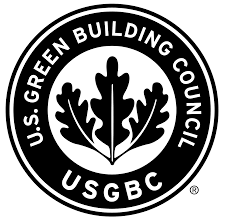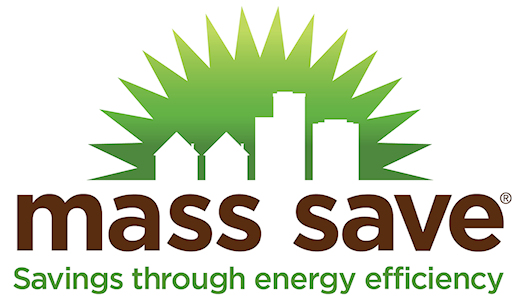LEED and Decarbonization at the Building and City Scale
As the building sector accounts for significant global greenhouse gas emissions, prioritizing decarbonization directly serves the public interest. Through its certifications, the U.S. Green Building Council has always pushed development to exceed existing codes. With offerings now expanding beyond the single building, USGBC seeks to reach beyond traditional networks and inspire decarbonization at scale.
LEED for Cities is a comprehensive framework and certification program for sustainability built upon local government experience and engagement with diverse stakeholders. The program promotes expanded public-private networks to decarbonize cities, towns, and counties jurisdiction-wide. Through its PERFORM program, USGBC offers a portfolio-wide approach to planning, improving and verifying sustainability and resilience, including GHG emissions. Finally, decarbonization is a central focus of the soon-to-be-released LEED v5 for both new and existing buildings. This session will highlight the decarbonization efforts of two LEED for Cities communities in, Nashua, New Hampshire and Northampton, Massachusetts and will explore how USGBC is growing the movement of decarbonized and sustainable development.





